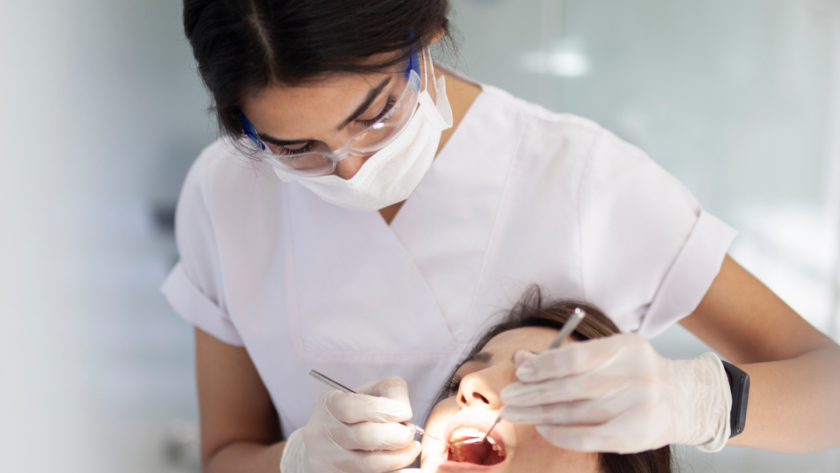Let’s be realistic: Toothaches are uncomfortable. While you can self-medicate for a while, essentially, painkillers do not sort out the problem. Lingering tooth pain requires the assistance of a dentist because only an expert can diagnose your ache.
Tooth pain can be the result of many things, including excessive grinding. Yet, some of the most common causes observed by dentists are tooth decay, gum disease, or a broken tooth. A dentist can help protect or restore your dental health in the event of long-lasting pain.
In most cases, having dental work done can not only tackle the pain for good but also ensure that it will not return. However, you need to be aware of the possible consequences of dental work to stay on the safe side.

It could trigger a breathalyzer test
As part of the dental procedure, your dentist might have used alcohol-based medications or antiseptics, which can affect the results of a breathalyzer test on the day. The result is typically called a false-positive, which means it shows positive even though you didn’t consume alcohol. These can occur if you take a breathalyzer test shortly after your procedure. Risks of false positives decrease rapidly the longer you wait after y our dental appointment and will typically be gone after 24 hours. So, suppose you are worried about a positive result even though you didn’t drink. In that case, you want professional defense lawyers, such as Sitkoff & Hanrahan, LLP, to help you preserve your driver’s license. Legal experts can ensure that the dental work you’ve done will not cause an unfair DUI charge.
You can’t eat what you want
After an oral procedure, your teeth may be a little sensitive. Dentists recommend staying away from crunchy food that could irritate your gums and cause pain.
If you have received surgery, such as wisdom teeth extraction, you might stick to a liquid diet for a few days until your stitches are healed. You can re-introduce crunchy and chewable food within 2 to 3 days of the surgery or longer if you still feel discomfort. Smoothies and soups are fantastic choices to get all your nutrients without hurting your teeth. Mashed food, such as potatoes, can also be a great choice to keep you full.
Dental work can affect your diet and your ability to enjoy food for a few days or weeks. So be prepared to cook accordingly!

It can affect the way you speak
As part of a dental procedure, the dentist may inject your gum with a numbing agent or may need to force your jaws open. As a result, you can find it tough to revert to your usual speech pattern afterward. Numbness or stiffness can occur in the jaws, and these sensations can affect your ability to speak clearly. However, they typically disappear within 24 hours. Therefore, it is best to avoid any speaking engagement, either in public or as part of a job interview, for instance, shortly after receiving a dental procedure. To be on the safe side, you may want to postpone important meetings for a day.
Receiving dental work can protect your smile and restore your teeth health. However, dental work can also lead to uncomfortable situations if you are not careful. It will potentially lead to false positive results if you need to take a breathalyzer test, so avoid driving on the day. Additionally, it can affect your diet and speech for a little while.



